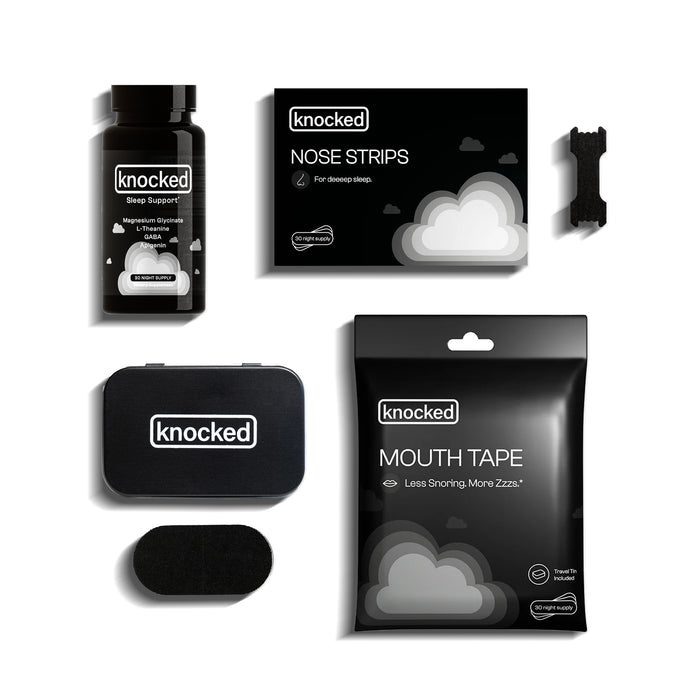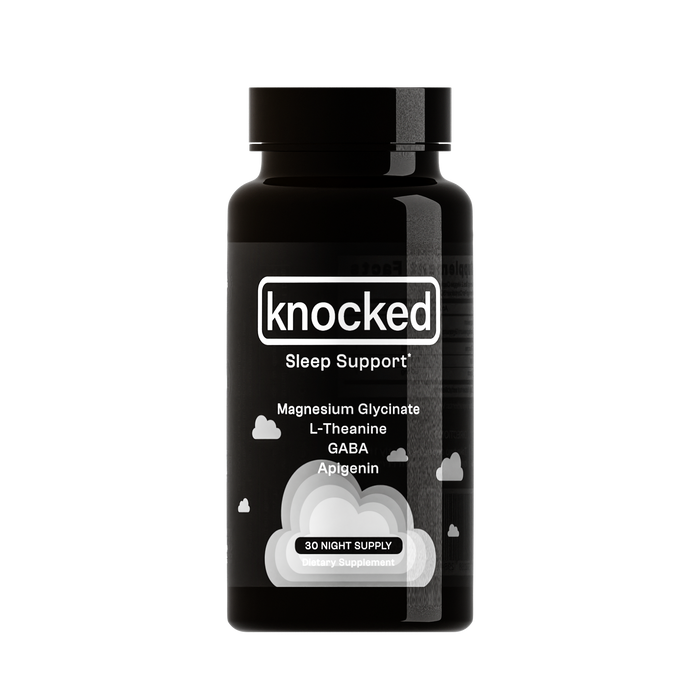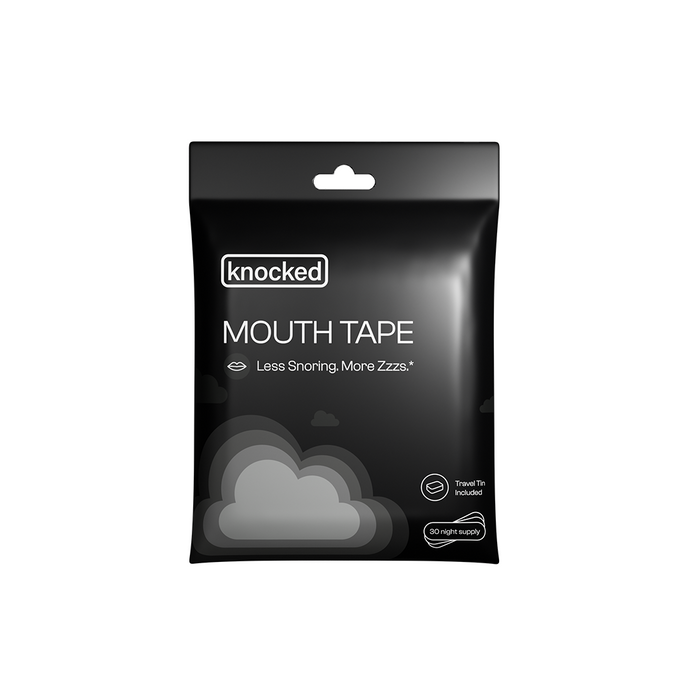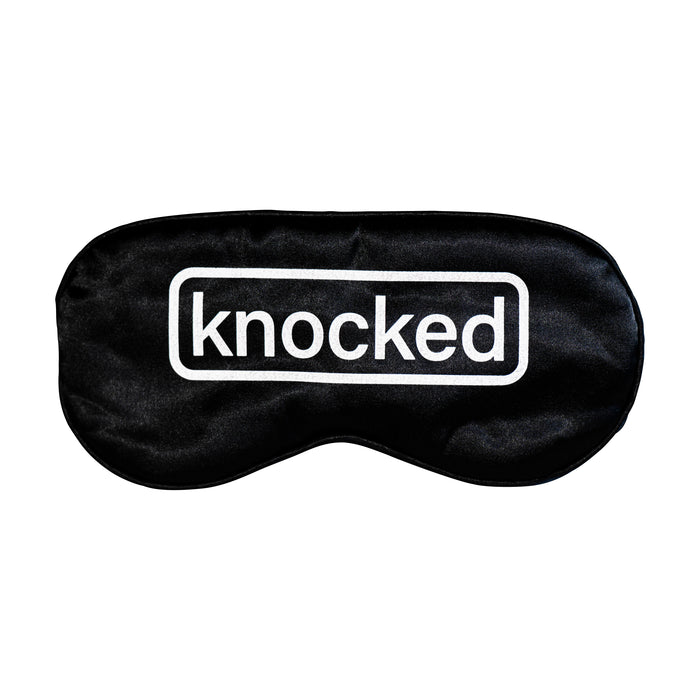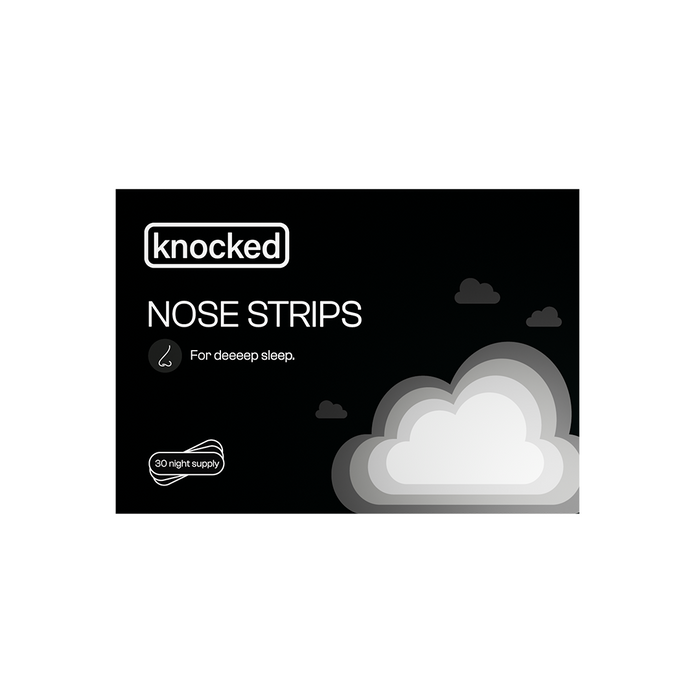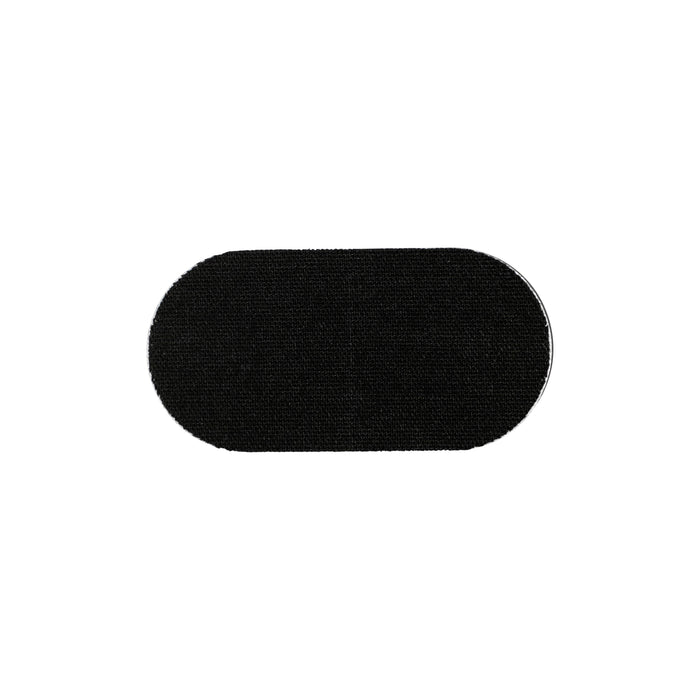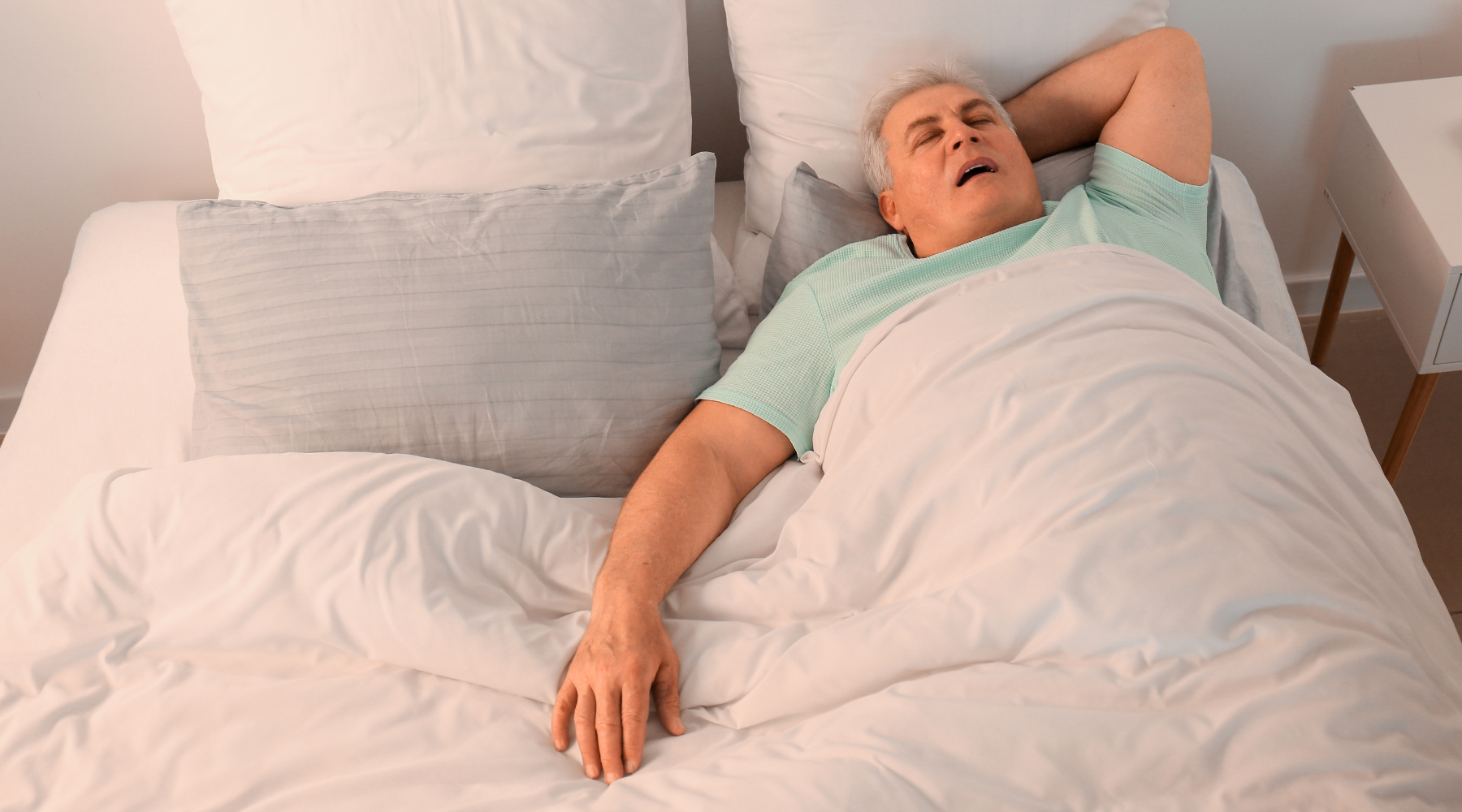

The Connection Between Mouth Taping and Snoring: What You Need to Know
Snoring is a common sleep issue that affects millions of people worldwide, often disrupting the sleep of both the snorer and their partner. One unconventional yet increasingly popular solution to snoring is mouth taping, a technique that promotes nasal breathing by keeping the mouth closed during sleep. In this article, we'll explore the connection between mouth taping and snoring, and discuss the potential benefits and limitations of this approach.
The Causes of Snoring:
Snoring occurs when the flow of air through the mouth and nose is partially blocked during sleep, causing the surrounding tissues to vibrate and produce the sound we associate with snoring. There are several factors that can contribute to snoring, including nasal congestion, obesity, alcohol consumption, sleep position, and mouth breathing.
Mouth Breathing and Snoring:
Mouth breathing is a common contributor to snoring. When we breathe through our mouths during sleep, our jaw tends to drop, and the tongue falls to the back of the throat. This narrows the airway and can cause snoring or exacerbate existing snoring issues.
Mouth Taping: A Solution for Snoring?
Mouth taping involves placing a specially designed, hypoallergenic tape over the lips before sleep, gently keeping the mouth closed and encouraging nasal breathing. The theory is that by promoting nasal breathing, mouth taping can reduce or eliminate snoring caused by mouth breathing.
Research on Mouth Taping and Snoring:
While the scientific literature on mouth taping itself is limited, studies have shown that promoting nasal breathing can help reduce snoring. A study published in the American Journal of Rhinology found that participants who switched from oral to nasal breathing experienced a significant decrease in snoring frequency and intensity.
Another study published in the journal Laryngoscope found that patients who underwent surgery to improve nasal breathing experienced a reduction in snoring frequency and intensity as well as an improvement in their overall sleep quality.
Benefits and Limitations:
Mouth taping offers several potential benefits for snorers:
- Simple and cost-effective: Mouth taping is a non-invasive, inexpensive solution compared to other snoring remedies like dental devices or surgery.
- Encourages nasal breathing: Nasal breathing has numerous health benefits beyond reducing snoring, including improved oxygenation, increased nitric oxide production, and better overall sleep quality.
However, mouth taping may not be suitable for everyone:
- May not address all causes of snoring: Mouth taping may not be effective for individuals whose snoring is caused by factors other than mouth breathing, such as obesity or nasal congestion.
- Potential safety concerns: Mouth taping may not be safe for those with certain health conditions or allergies, and it is essential to consult a healthcare professional before trying mouth taping as a snoring remedy.
Mouth taping has the potential to reduce or eliminate snoring caused by mouth breathing by promoting nasal breathing during sleep. While the scientific literature on mouth taping is limited, studies on nasal breathing and its impact on snoring suggest it may be an effective solution for some individuals. However, it is essential to consult a healthcare professional before trying mouth taping, especially if you have existing health concerns or are unsure if mouth breathing is the primary cause of your snoring.
Sources:
-
Fitzpatrick, M. F., McLean, H., Urton, A. M., Tan, A., O'Donnell, D., & Driver, H. S. (2003). Effect of nasal or oral breathing route on upper airway resistance during sleep. European Respiratory Journal, 22(5), 827–832. https://doi.org/10.1183/090
